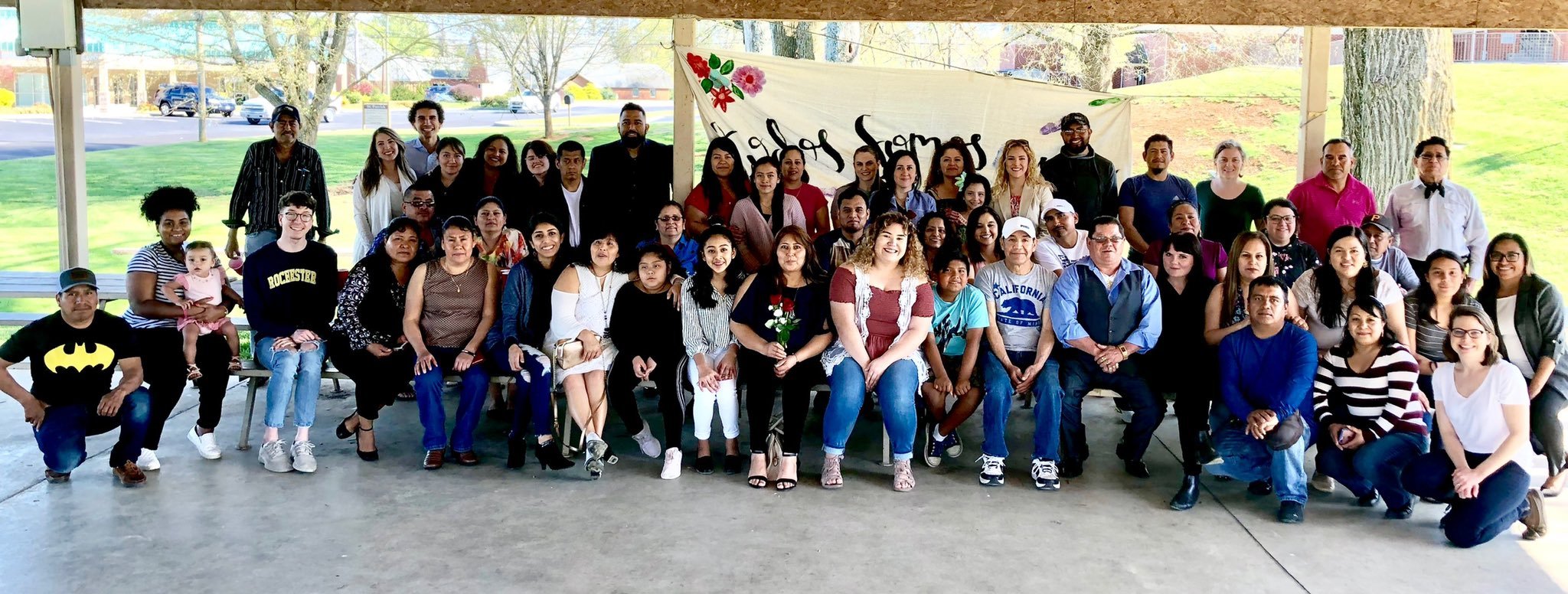THE Underground Guide To Class Action Slang (PART TWO)
Lindsay Nako, Director of Litigation & Training, The Impact Fund
Notes from the underground...
The 2016 Impact Fund Class Action Conference held on February 18/19, gathered class action practitioners and impact litigators from across the country for two days of brainstorming, war stories, and colorful lemon-based metaphors. It also reminded me of a few more terms to add to our growing Impact Fund Class Action Dictionary.
Happy Campers – The 2015 decision in Brown v. Nucor Corporation inspired us for multiple reasons, not least of all for calling out the suspect defense practice of gathering “happy camper” declarations —statements from putative class members saying there was no wrongdoing or harm. “Common sense and prudence” led the Fourth Circuit to view these kinds of statements with a skeptical eye. May all courts be so discerning.
Next Gen Pick-off – We have the recent Supreme Court decision in Campbell-Ewald Co. v. Gomez to thank for this doozy. When the defendant’s attempt to pick-off the named plaintiff by making a settlement offer for the full value of his individual claim failed, the defense bar immediately started planning their next move. The “next gen pick-offs” our Supreme Court experts anticipate is full payment of the individual claim or confessing judgment to the individual plaintiff – or maybe a pony?
Hybrid Classes – Is there a problem with your Prius? Not that we know of. We’re talking about classes certified under both Rule 23(b)(2) and (b)(3): Rule 23(b)(2) for liability and declaratory or injunctive relief and Rule 23(b)(3) for money damages. Our Class Action Basics panel laid out this and other class action complexities to set the stage for the conference’s deep-dive into current issues in class action litigation.
Dual Certification – If you thought “FLSA” when you heard “hybrid class,” you weren’t wrong. In the wage and hour world, hybrid classes pair FLSA opt-in claims with state law opt-out claims and go through a dual certification process. (The state law claims usually find themselves in federal court through supplemental jurisdiction or after being CAFA’d – see Class Action Slang, Part One.)
Arbitration continued to be a hot topic at this year’s conference. Now that it’s been around awhile, it’s developing its own slang:
AAA and JAMS – A road trip to your preserve-loving grandma’s house? Sadly, no. The American Arbitration Association (AAA) and the organization-formerly-known-as Judicial Arbitration and Mediation Services (now JAMS, Inc.) are the two major arbitration outfits with different rules for class action arbitration. Worth a closer look, if you missed hearing from the experts at the conference.
Bellwethers – Ask not for whom the bellwether tolls. It tolls for the defense (if you pick carefully). Bellwether trials are not unique to arbitration, but they are being imported from the courtroom to the conference room. Arbitrating a set of test cases can help both parties gather information and decide how to proceed.
Piecemeal litigation – Forcing parties to arbitrate specific claims leaves other related claims wandering aimlessly, looking for a new home. Usually a courtroom. This term can also refer to the arbitration or litigation of a series of individual claims where class status is unavailable or has been denied. In all cases, it’s a recipe for conflicting rulings and lots of duplicative work. If only there was a way to avoid this…
Class action settlements have so much slang that we didn’t get to cover all of it in Part One. It was flying fast and furious in our Settlement Ethics panel…
Reversion – Defense counsel acting like toddlers again? Yes, but that’s not what we mean. Reversion refers to settlement terms that allow leftover settlement funds to return to the defendant. Reversion incentivizes defendants to deter class members from sharing in a settlement and can be viewed as evidence of collusion, especially when paired with a “clear sailing” agreement (see Part One).
Skip Tracing – Sounds like fancy dance steps (…one, two, skip, trace…), but it actually just refers to the process of locating class members to distribute settlement funds.
FICA-shifting – A defense tactic of trying to get the settlement fund to pay the employer share of FICA wage taxes. Do like Nancy Reagan and just say no.
Service Awards – Also known by the less-flattering name “incentive payments,” this refers to payments approved by the court to specific plaintiffs to compensate them for their service (time and effort) on behalf of the class.
Thank you to all of our presenters and participants for another great conference. We can’t wait for next year and the linguistic gymnastics yet to come…











